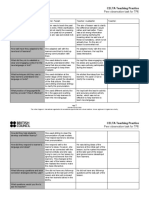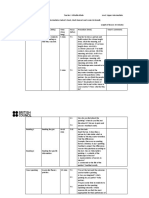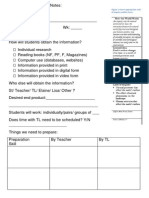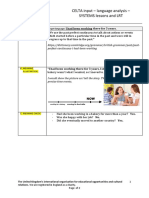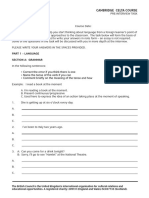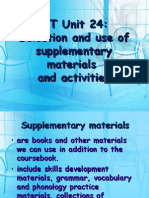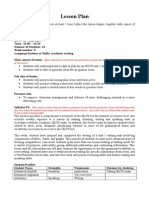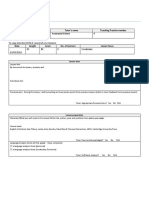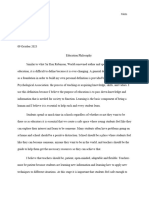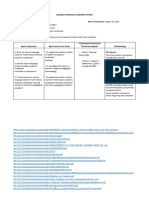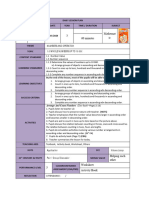100% found this document useful (1 vote)
594 views3 pagesReem Assignment 4
The document is an assignment by Reem Ahmed Mohamed reflecting on her experiences and learnings from a CELTA course, highlighting her teaching strengths and areas for improvement. It emphasizes the importance of observation, student-centered learning, and the application of innovative teaching techniques to enhance her skills. Reem outlines her plans for further professional development, including workshops, tutoring, and peer observations to continue growing as an educator.
Uploaded by
yasmeen199720142015Copyright
© © All Rights Reserved
We take content rights seriously. If you suspect this is your content, claim it here.
Available Formats
Download as DOCX, PDF, TXT or read online on Scribd
100% found this document useful (1 vote)
594 views3 pagesReem Assignment 4
The document is an assignment by Reem Ahmed Mohamed reflecting on her experiences and learnings from a CELTA course, highlighting her teaching strengths and areas for improvement. It emphasizes the importance of observation, student-centered learning, and the application of innovative teaching techniques to enhance her skills. Reem outlines her plans for further professional development, including workshops, tutoring, and peer observations to continue growing as an educator.
Uploaded by
yasmeen199720142015Copyright
© © All Rights Reserved
We take content rights seriously. If you suspect this is your content, claim it here.
Available Formats
Download as DOCX, PDF, TXT or read online on Scribd
/ 3










